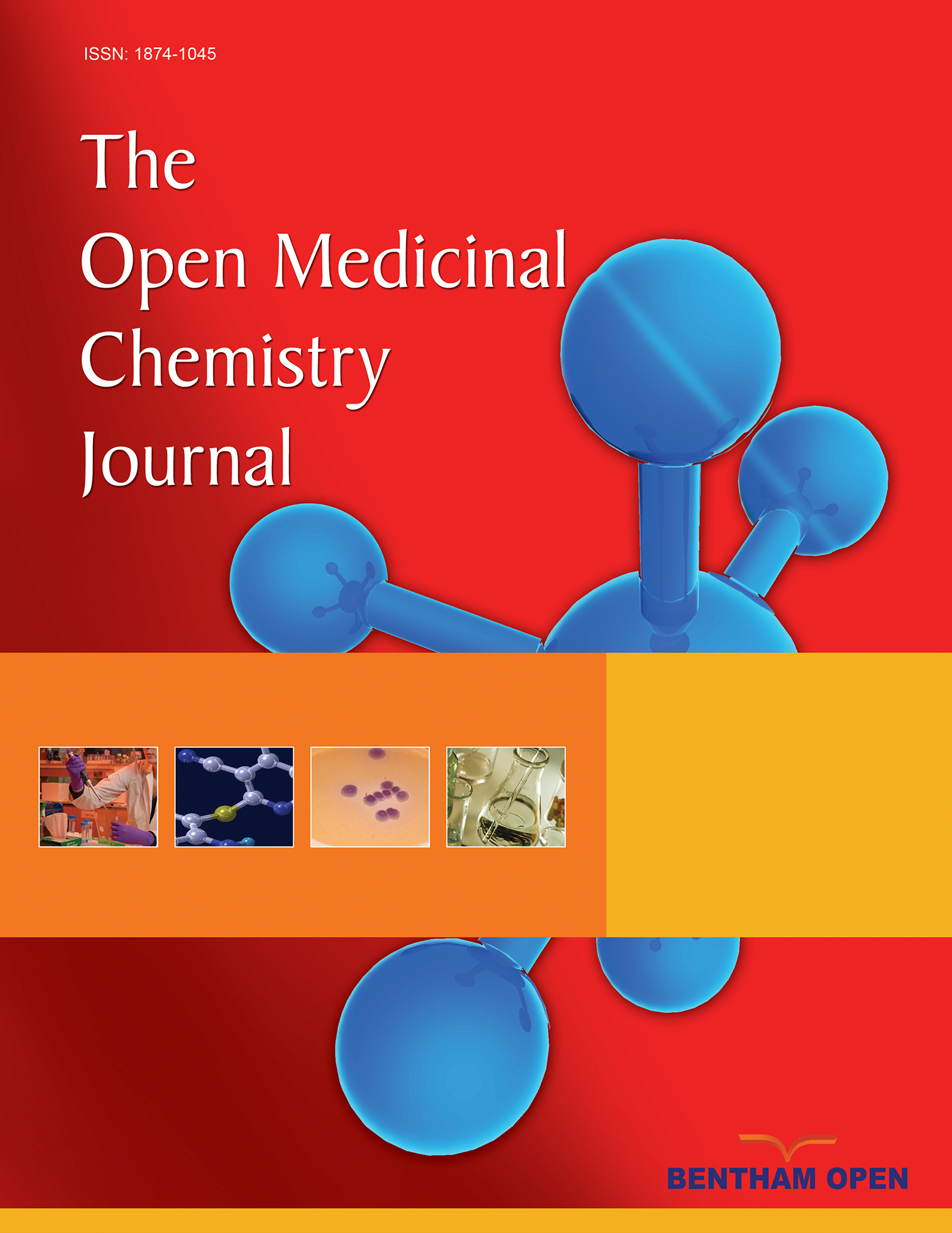All published articles of this journal are available on ScienceDirect.
Effects of Caraway and (S)-(+)-carvone Extract on the Expression of Genes Coding Key Glycolytic Enzymes in Streptozotocin-induced Diabetic Rats
Abstract
Background:
Diabetes mellitus is a metabolic disorder causing dysfunctional regulation of carbohydrate metabolism and contributing to multiple serious health challenges worldwide.
Aims:
This research explores the effect of caraway hydroalcoholic extract and (S)-(+)-carvone on the transcription of genes coding for key glycolytic enzymes in the liver of the diabetic rat treated with streptozotocin (STZ).
Methods:
In this experimental study, diabetes was established in four groups of rats by injecting 45 mg/kg of STZ intraperitoneally. Further normal rats that were not injected formed the control group. Over four weeks, the effects of caraway hydroalcoholic extract (150 and 250 mg/kg) and carvone (100 mg/kg) were evaluated using PCR and histopathological evaluation, specifically in the form of effects on the transcription process of genes coding key glycolytic enzymes in the liver of the diabetic rats.
Results:
Over the four-week assessment period, rats’ food intake, and therefore blood glucose levels, were decreased through the daily oral administration of carvone and caraway extract (150 mg/kg) when compared to those administered with further STZ. The expression of key glycolytic enzymes, including glucokinase, pyruvate kinase, and phosphofructokinase 1 in the liver of diabetic rats was restored to near-normal levels by carvone and caraway extract, especially at the 150 mg/kg dose. Histopathological evaluation of diabetic rat liver demonstrated that administration of caraway extract and carvone decreased the STZ-induced damage to liver tissue.
Conclusion:
150 mg/kg of caraway extract strongly regulates glycolysis by regulating the gene expression of key glycolytic enzymes in diabetic rats.


